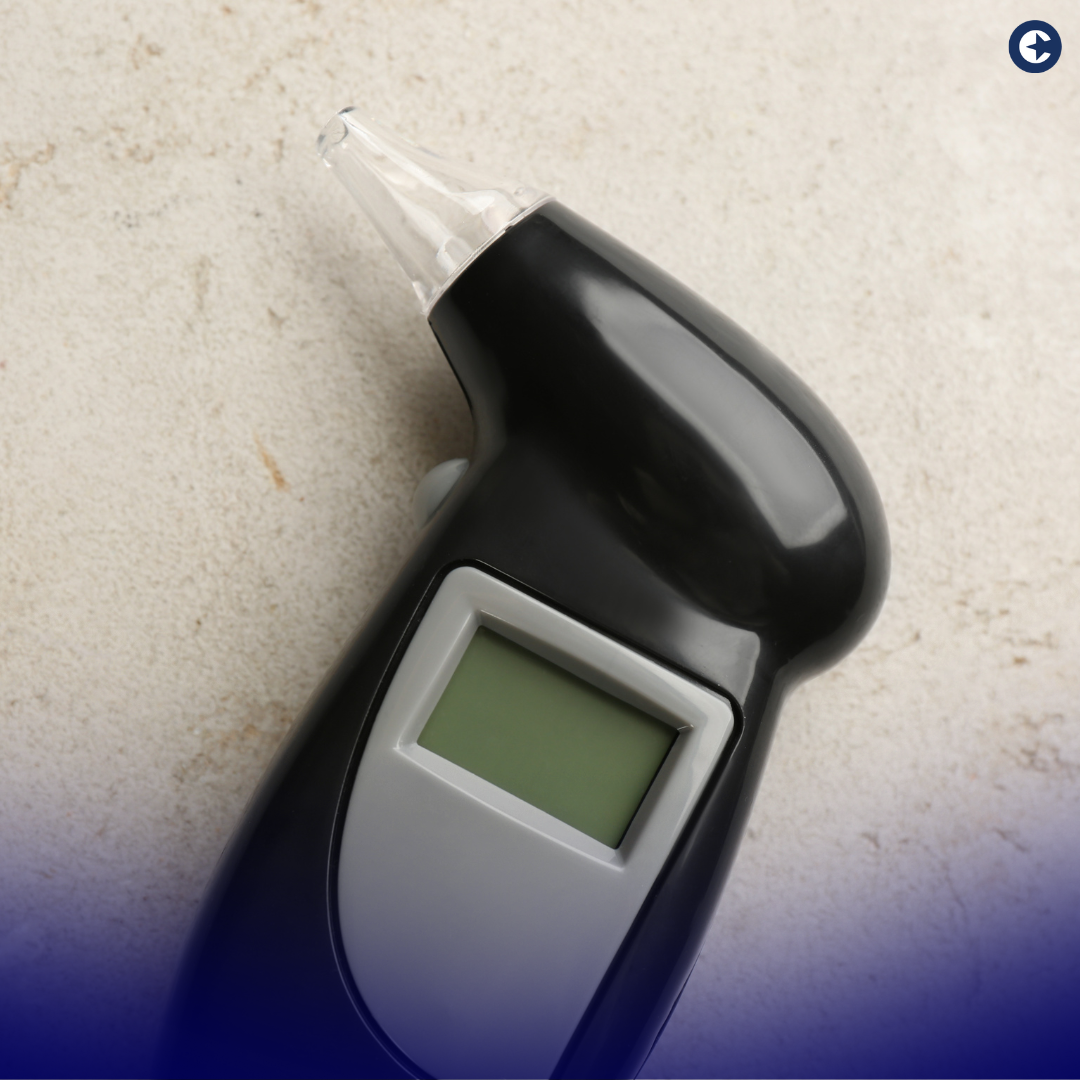As employers strive to ensure a safe and productive work environment, the question of implementing alcohol screening at work becomes increasingly pertinent. But is it legal? The answer is not straightforward and varies based on jurisdiction, industry, and specific workplace policies. Let’s explore the complexities surrounding the legality of alcohol screening in the workplace.
Main paragraphs:
Understanding the Legal Framework
- General Legal Considerations: In many countries, including the United States, alcohol screening by employers is legal under certain conditions. However, it must be conducted in a manner that respects privacy rights and is non-discriminatory. The Americans with Disabilities Act (ADA), for example, prohibits discrimination against employees for past substance abuse but allows testing for current use.
- Industry-Specific Regulations: Certain industries, particularly those involving public safety (e.g., transportation, healthcare, and construction), may have stricter regulations allowing or even requiring alcohol screening to ensure public and workplace safety.
Implementing Alcohol Screening: Best Practices
- Clear Policies: Employers considering alcohol screening should establish clear, written policies that are communicated to all employees. These policies should outline the circumstances under which testing may occur, the methods used, and the consequences of a positive test.
- Respecting Privacy: Any screening program must respect employee privacy. Tests should be conducted discreetly and results kept confidential.
- Consistency and Fairness: To avoid discrimination claims, employers must apply their alcohol screening policies consistently across all employees and ensure that the process is fair and transparent.
Employee Rights and Employer Responsibilities
- Right to Refuse: In some jurisdictions, employees may have the right to refuse alcohol screening. However, refusal may have consequences depending on the employment contract and local laws.
- Support and Rehabilitation: Employers should consider providing support and access to rehabilitation programs for employees struggling with alcohol use. This approach not only helps the employee but also promotes a healthier workplace.
Potential Legal Challenges
- Discrimination Claims: Employers must be cautious not to discriminate against employees based on the results of alcohol screening. Any disciplinary action should be consistent with company policy and applicable laws.
- Invasion of Privacy: Improperly conducted screenings can lead to claims of invasion of privacy, especially if tests are done without proper notice or in an intrusive manner.
Conclusion:
While alcohol screening in the workplace can be a legal and effective tool for ensuring safety and productivity, it requires careful consideration and implementation. Employers must navigate a complex web of legal, ethical, and privacy considerations. By establishing clear policies, respecting employee rights, and focusing on support and rehabilitation, employers can implement alcohol screening in a manner that is both legal and beneficial to the workplace environment.



